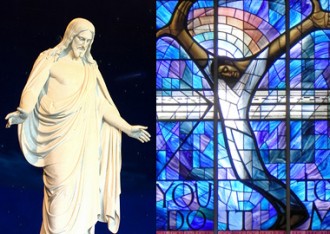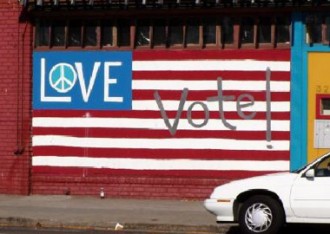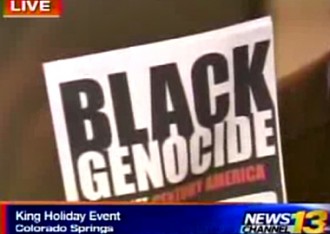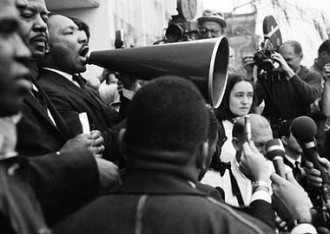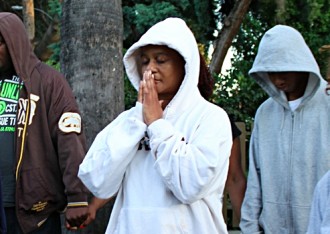
To Pray or to Protest? The Both/And-ness of Black Christianity
I want to argue that we need to have a more expansive understanding of black religious identities, an understanding that Womanist Theologians have already pushed us toward, an understanding that does not compartmentalize black religious thought and responses into shallow categories like “right/conservative/prayerful” and “left/academic/protester”; categories that are too small, too static, and too constricting for us to comprehend the diversity of black religious lives and black political activity.
Read More


